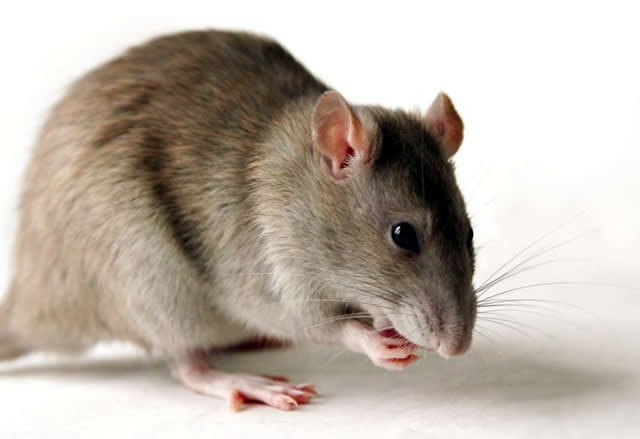
THE surge of Lassa fever sweeping across the country is a growing threat to Nigeria’s fragile healthcare system. The latest report by the Nigeria Centre for Disease Control and Prevention shows that this year alone, 24 states have recorded at least one confirmed case of the viral haemorrhagic illness. This wave of epidemic should be a wake-up call to the federal and state governments. More strategies, resources and policies need to be emplaced for Nigeria to be fully prepared to tackle the outbreak of epidemics.
Similarly, the House of Representatives, on February 27, urged the Federal Ministry of Health and the NCDC to implement measures to curtail the spread of an unidentified disease that has been ravaging many communities in the Nafada Local Government Area of Gombe State. The outbreak has led to the death of no fewer than 30 persons.
In February, an outbreak of Lassa fever at the 44 Army Referral Hospital, Kaduna, reportedly killed four persons. The Minister of State for Environment, Iziaq Salako, stated that 12 suspected cases were recorded with six mortalities in Kaduna State.
Last week, the Benue Epidemiologist, Sam Ngishe, said that no fewer than nine people had died of Lassa fever in the state in the past two months.
Alarmingly, the Ministry of Health and Human Services in Adamawa also recently confirmed the outbreak of Lassa fever in the state. The Adamawa authorities noted that the suspected case of Lassa fever outbreak involved a female National Youth Service Corps member, who presented symptoms similar to that of the fever during treatment by health workers at the Modibbo Adama University Teaching Hospital, Yola.
In Taraba, the authorities confirmed an outbreak of Lassa fever in the state after an NYSC member from the Damare orientation camp tested positive.
In March 2021, at least 30 people were hospitalised after being afflicted by an unidentified disease in Rogo LGA, Kano State. Earlier in March 2018, about 30 people were reportedly killed by an unidentified disease in Majia, Taura LGA, Jigawa State.
Six years before the global COVID-19 pandemic struck, Nigeria suffered an outbreak of the Ebola Virus Disease. A Liberian, Patrick Sawyer, brought Ebola to Nigeria. It infected 20 people, instigating eight deaths, including that of Stella Adadevoh, a medical doctor.
As of July 2022, the COVID-19 outbreak had claimed the lives of 3,144 Nigerians from 258,934 infections.
Lassa fever, caused by the Lassa virus, is primarily transmitted to humans through contact with infected Mastomys rodents. The infection wave has placed health authorities on high alert to contain its spread, but if proper structures, awareness, and preventive measures had been put in place beforehand, the outbreak would have been curbed.
Nigeria lacks well-funded local vaccine production and research centres, thus compelling the government to always depend on international assistance during epidemics outbreaks. This is worrisome.
Prevent Epidemics, a project created by a non-profit organisation, Resolve to Save Lives, observed, “Nigeria is not ready for the next epidemic. They have shown commitment to improving preparedness, but an outbreak could cause a devastating loss of lives and disrupt political and economic stability.”
Rather than being reactive to epidemics outbreaks, there is a need for the primary healthcare centres across the country to be revived to engage communities. The shortfall of doctors and other health workers in the country’s health sector needs to be adequately tackled. There should be more awareness about the spread of Lassa fever, particularly at the grassroots.
With more equipped hospitals and disease-tracking methods, Nigeria would be better prepared to deal with waves of epidemics. State governments should take tougher measures against open defecation in their states. Lassa fever and other epidemics can be prevented by collective adherence to personal hygiene, sanitation and basic health and food safety standards.
END

Be the first to comment